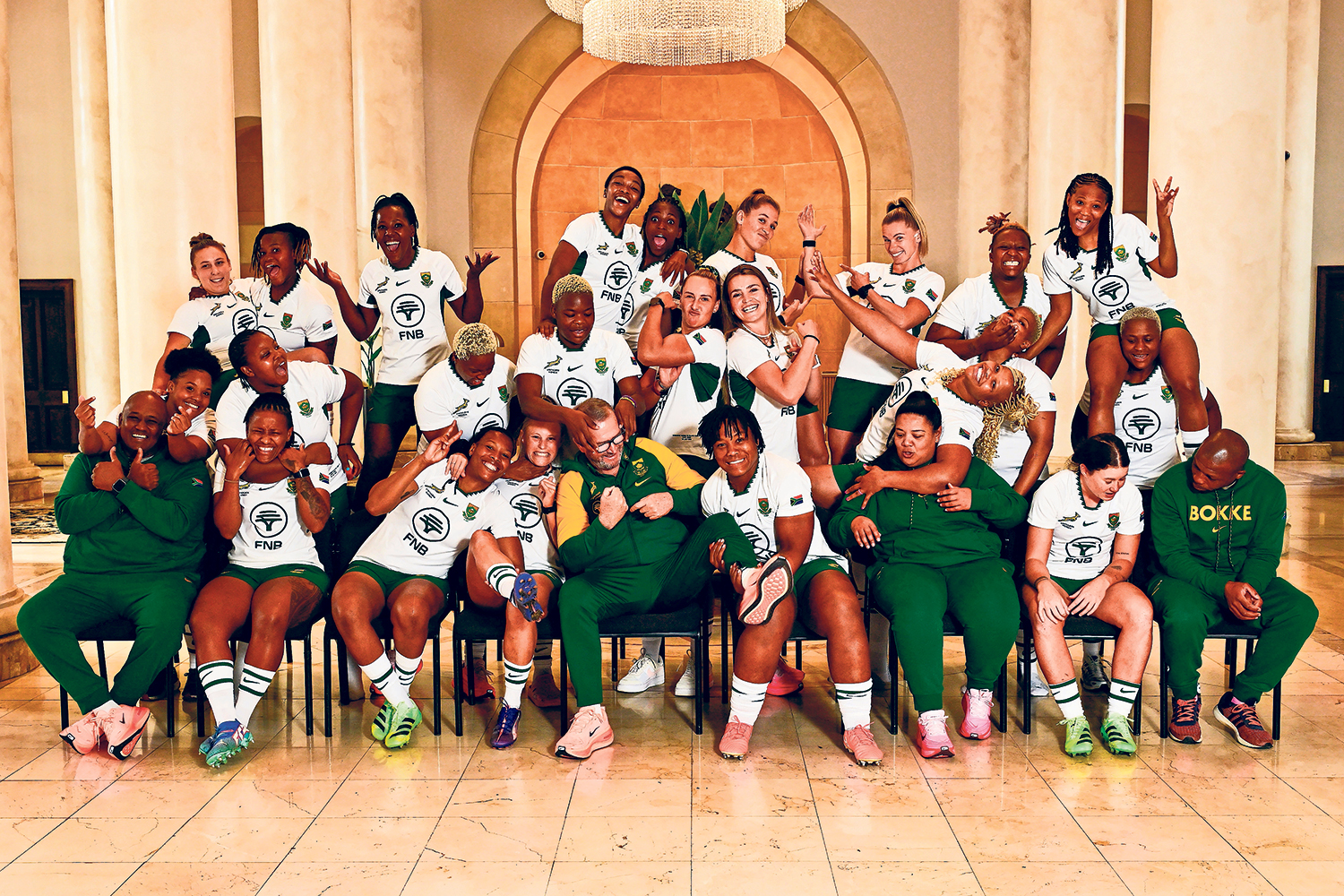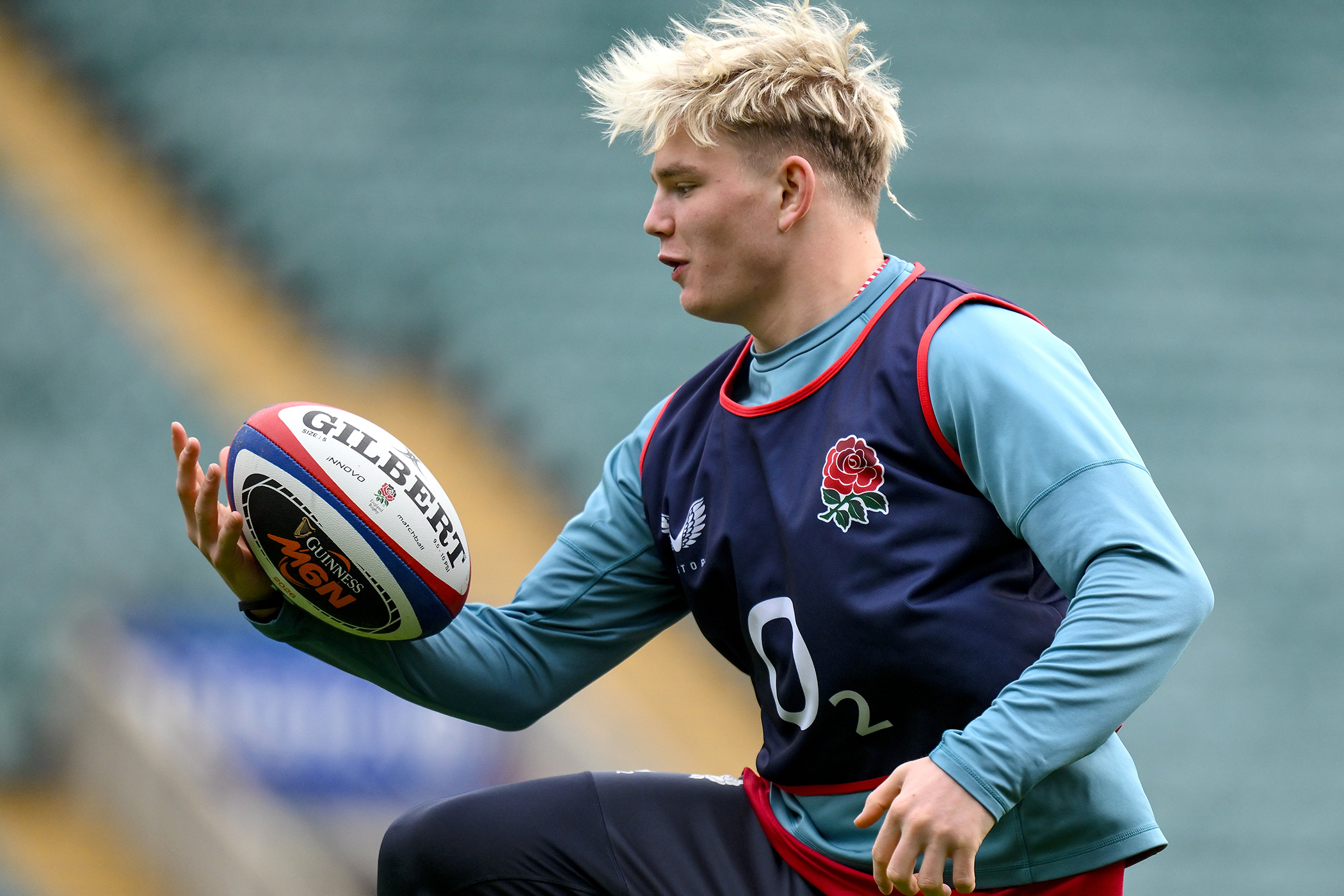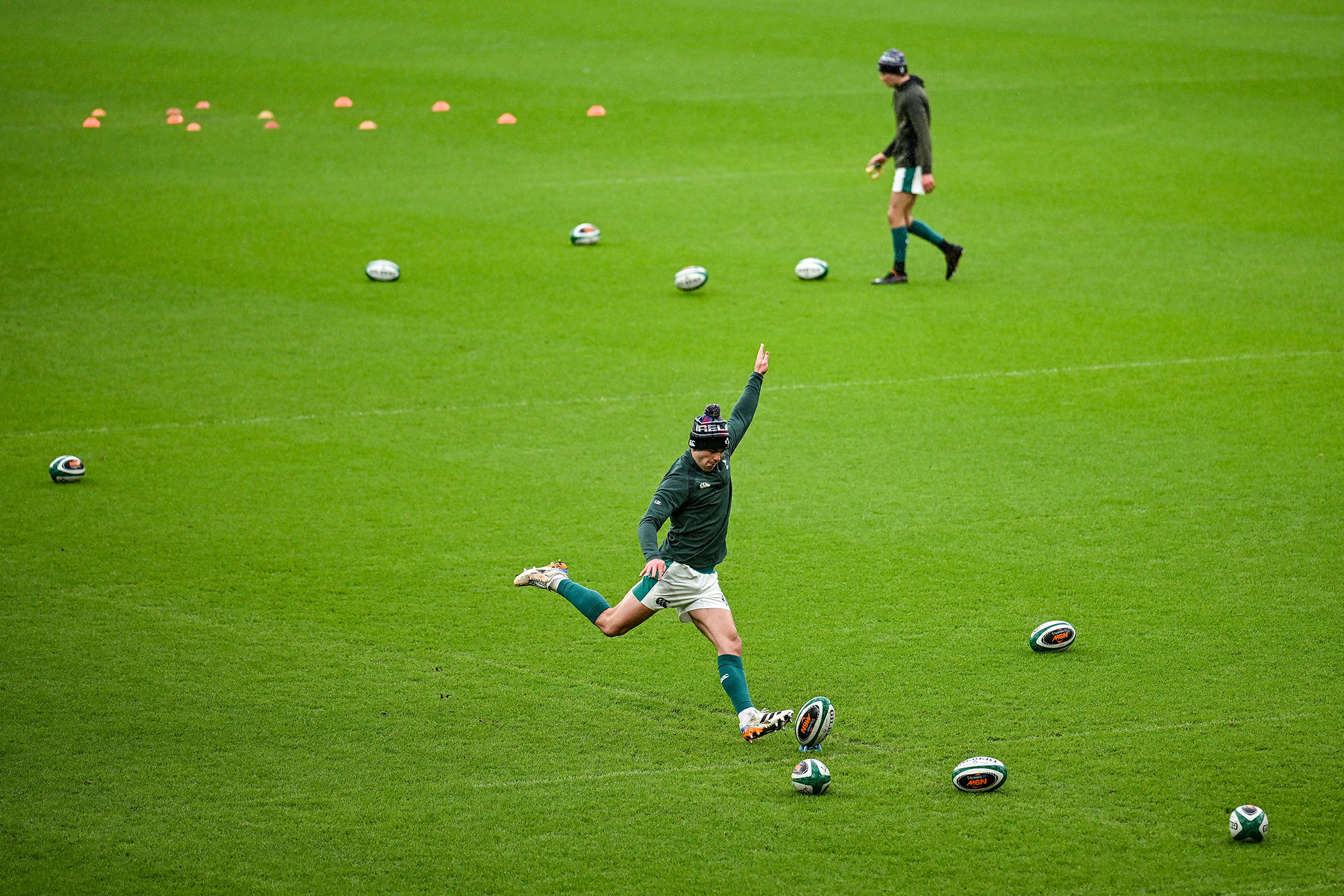For six years the South African Springboks have dominated men’s rugby. Two World Cups, two World Rugby Player of the Year awards for flanker Pieter-Steph du Toit and one British & Irish Lions series win underline their supremacy. They are favourites to defend their Rugby Championship crown against New Zealand, Australia and Argentina over the next two months. The pipeline looks secure after the junior side lifted the Under-20 world championship in July. South African head coaches recently steered Bath and Leinster to domestic glory in England and Ireland.
And yet South Africa can’t claim to be the No 1 rugby nation. Because as formidable as the men’s programme is, half the population has been cast in the shade.
South Africa’s women are currently ranked 12th in the world. Apart from Argentina, who lack a women’s programme at Test level, no other nation have such a large gap between their men’s and women’s teams.
“It’s definitely upsetting but not really surprising,” says Danelle Lochner, the 28-year-old lock looking forward to her first World Cup. “We’ve only just started, really. The resources they have can’t be compared to what we have. We’d love to be as successful as them but it’s not realistic. Not yet anyway.”
The women’s team have never qualified beyond the pool stage of a World Cup and have just three wins and 15 defeats from their four appearances. Their points difference sits at -590. In 2017, given the poor state of the women’s game, SA Rugby opted not to enter the World Cup for fear of humiliation.
None of this is the players’ fault; they have toiled against administrative indifference and cultural toxicity. “It feels like unless we go and win a World Cup, no one would care,” says the 24-year-old centre or wing, Jakkie Cilliers. “Some ugly perceptions about women and women’s rugby still exist in South Africa.”
Months after making her international debut, Cilliers was at a family barbecue when an uncle boldly informed her that “women shouldn’t play rugby”. She laughed awkwardly and changed the subject. But the remark stuck. “If my own family member could say this to my face, what else were people saying?”
The myopic views of Cilliers’ uncle do not exist in a vacuum. A 2024 Human Rights Watch survey found that one in three women in the country have experienced gender-based violence. About 114 rape cases are reported every day. This climate helps explain why few schools offer rugby for girls, meaning most Springbok women discover the game in their late teens.
“If you grow up thinking that women are weak, if you hear how we’re victims, it’s easy to think that we’re not strong enough to play a macho sport like rugby,” says Tayla Kinsey, the scrum-half entering her third World Cup. “I didn’t know that girls could play rugby when I was in school. It just wasn’t an option.”
Lochner, who plays her club rugby in London with Harlequins, echoes this sentiment. She had already earned her national colours in netball when she first picked up a rugby ball. Those transferable skills, as well as her height, made her a natural fit in the second row. Her greatest challenge has been winning hearts and minds.
Newsletters
Choose the newsletters you want to receive
View more
For information about how The Observer protects your data, read our Privacy Policy
“I still get the odd funny look when people find out that I’m a rugby player, but more and more people are recognising me in public,” Lochner adds. “But when you compare what we have in South Africa to what they have in England, the gap is enormous. There they have multiple professional teams and engaged fans. In South Africa we just have one professional side. So things like scrums, lineouts, mauls, the basics of rugby; these things are not as well developed. But without them you’ll never win a World Cup.”
Their chances of progress beyond a difficult group are slim. They kick off with a must-win game against Brazil before taking on Six Nations heavyweights Italy and France. But with every match broadcast nationally, even one upset could push the Springbok Women further into the public consciousness. They will lean on No 8 Aseza Hele’s thundering carries and hope sevens-convert Nadine Roos sees enough ball.
“We’ve made a point of not talking about sexism and money and sponsors,” adds Cilliers. “There will be lots of people who will never support us. But that doesn’t mean we can’t do anything. If we start winning and challenging the really good teams, that will shift some people. South Africans love to support winners. We just have to do our part.”
It will take some time before the women’s team is held in the same regard as the men’s Springboks. That day may never come. But until the gap closes, South Africans’ claim as the most dominant rugby nation in the world will only be half true.
Photograph by Ashley Vlotman/Gallo Images


